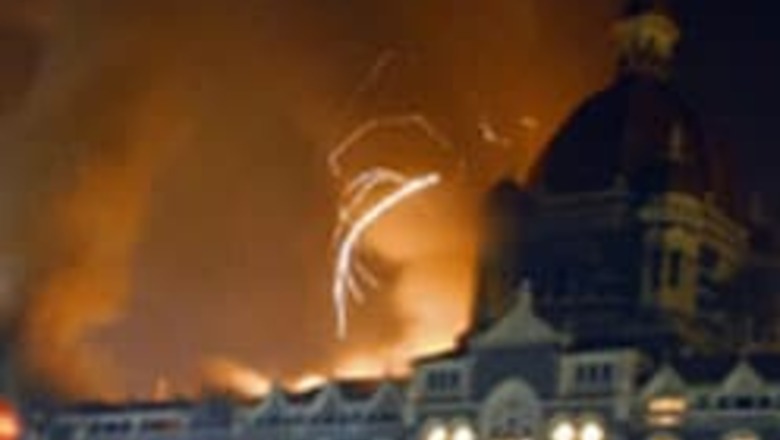
views
New Delhi: Exactly a month ago, Mumbai was the target of one of the most devastating terror attacks in India. 173 people died and several injured as terrorists attacked key landmarks in the city.
On November 26, 10 terrorists arrived by the sea route and launched attacks on the Taj Mahal Hotel, the Oberoi Hotel, the Chattrapati Shivaji Terminus, Leopold Cafe and the Jewish community's Chabad House.
The terrorists were killed only after a three-day-long hostage drama during which many guests at the two hotels, three top cops and two NSG commandos died.
The Mumbai attack saw former Union Home Minister Shivraj Patil, former Maharashtra Chief Minister Vilasrao Deshmukh and Deputy Chief Minister RR Patil lose their jobs.
Indo-Pakistan tensions have risen after Ajmal Kasab, the lone terrorist captured alive during the attacks, was found to be a citizen of Pakistan. Even though Pakistan has strongly refuted that claim, Kasab himself has confessed that.
Kasab is in judicial custody till January 6.
IS INDO-PAK WAR IMMINENT?
Pakistan on Thursday reduced its rhetoric a notch, with Pakistan Prime Minister Yousuf Raza Gilani saying "there is absolutely no question of war" with India. At the same time, the authorities arrested an "Indian spy" for a terror attack in Lahore that killed a woman.
Christmas Day newspapers hailed Prime Minister Manmohan Singh for his comments Tuesday that there was "no question of war" with Pakistan despite the Mumbai terror attacks for which New Delhi has blamed Pakistani terrorists, triggering tensions between the two countries.
But amid reports of Pakistani troop deployment along the border with India, Gilani told reporters that his coalition government desired "excellent relations" with its larger neighbour.
"There is no question of war. There is absolutely no question of war," he said in Lahore, the biggest Pakistani city closest to India.
At the same time, Gilani urged the world to convince India to defuse the situation that followed the audacious Nov 26-29 Mumbai terror that left at least 170 people dead, including 26 foreigners.
"We had good relations with India. I assure you that we want excellent relations with India. We want to maintain good relations with India," said the prime minister. "In my assessment, there will be no war."
PAK POINTS FINGERS AT INDIA
Pakistan authorities, meanwhile, claimed to have arrested an Indian spy who they said was involved in Wednesday's blast in Lahore that killed a woman and injured four people.
PAGE_BREAK
An interior ministry official said Thursday that the man, who worked in the Indian high commission in Britain for about three years, was caught on the strength of secret information.
The alleged Indian was identified as Satish Anand Sharma, who was said to living in Lahore's interior city for one year as Munir Ahmad. He allegedly planted the bomb.
"During initial investigation he has admitted the crime which he carried out at the behest of an Indian intelligence agency," the official said, in what appeared to be a tit-for-tat following the much publicised arrest of a Pakistani soldier in Jammu and Kashmir.
Sharma has allegedly identified three other Indian "spies" in Pakistan and Pakistani security agencies were reportedly trying to nab them.
The police claimed to have recovered fake national identity cards, letters and other devices from Sharma.
The Pakistani media has, however, hailed Manmohan Singh's declaration that there was "no question of war" post Mumbai.
"Manmohan Singh's statement ... will have allayed some of the fears that the tension on our eastern border may spiral out of control," Dawn said in an editorial headlined "The right response".
Holding that the Mumbai attacks were an "escalation in tactics" to put pressure on the Pakistan-India peace process, Dawn said: "With the composite dialogue put on hold by India, the terrorists have already partially achieved their goal."
According to Daily Times, Manmohan Singh had "trimmed the sails" of India's response "probably after being put off" by the line of External Affairs Minister Pranab Mukherjee, who threatened unilateral action if Pakistan did not hand over the terrorists New Delhi had demanded.
Pakistan continued to insist, however, that it had nothing to do with Mohammed Amir Ajmal 'Kasab'. A Pakistani official said there was no record of any Ajmal 'Kasab' and so there was no question of granting him consular access as requested by the man who India insists is a Pakistani member of the Jaish-e-Mohammad group.
In his comments, Prime Minister Gilani said the Pakistani government and the army were assessing the situation vis-à-vis India.
PAGE_BREAK
He was asked about India's persisting demand that Pakistan move against terrorists linked to Mumbai. "If India provides solid proof of the Mumbai attacks, we'll ... act accordingly," he said.
Also in Lahore, Punjab Chief Minister Shahbaz Sharif said India would have launched a war in the wake of the Mumbai attacks but for Pakistan's nuclear capability.
The News website quoted Sharif as praising the late Zulfikar Ali Bhutto and his own brother, former Prime Minister Nawaz Sharif, for making Pakistan a nuclear power.
(With IANS inputs)















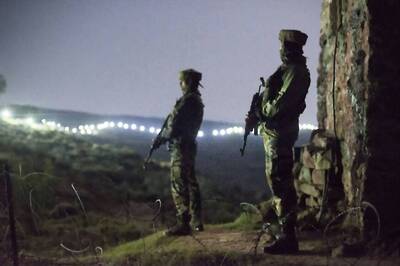
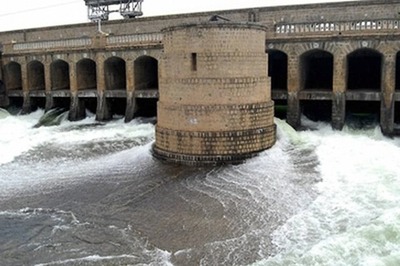
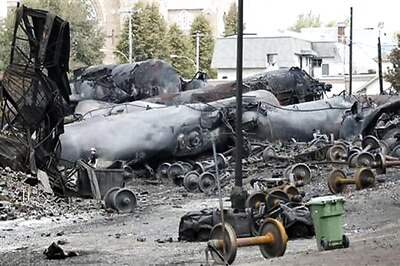
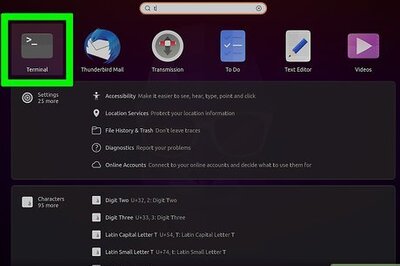

Comments
0 comment